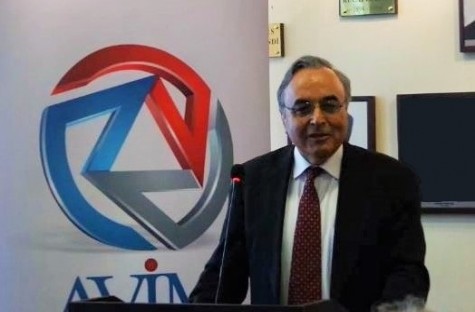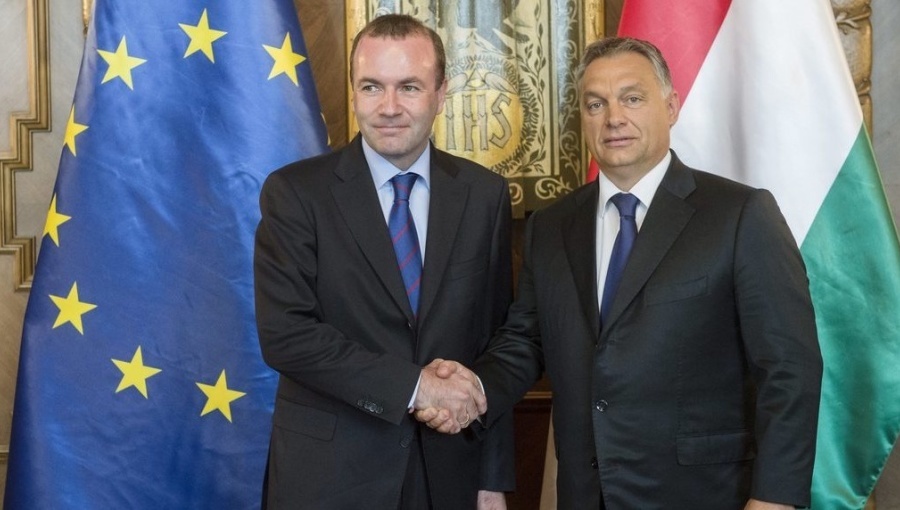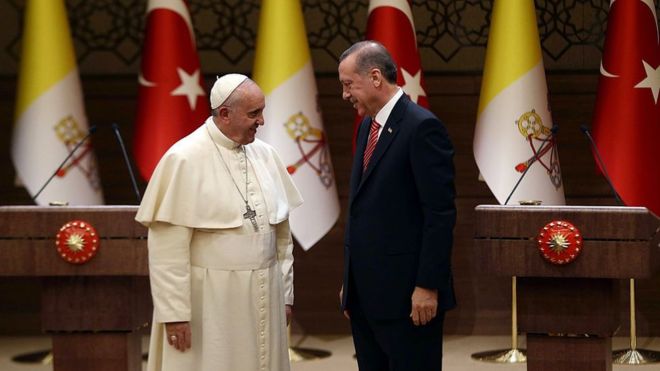THE MOSCOW SUMMIT OF THE COLLECTIVE SECURITY TREATY ORGANIZATION
Commentary No : 2012 / 101
24.12.2012
2 min read
One could say that the organizations and unions starting to be formed with Russia’s lead within Eurasian geography are either inspired or have similarities with organizations and unions in the West. The Collective Security Treaty Organization (CSTO) is one of those. It appears to be the counterpart of NATO from Russia’s point of view. The last summit of the Collective Security Organization which started taking shape in May 1992 and reached its current form with a treaty signed in Tashkent by Belarus, Armenia, Kazakhstan, Kirgizstan, Tajikistan and Russia in October 1992, has convened on December 19 in Moscow.
The news in the press reflect that the summit was held in a restricted manner, strictly among the leaders,while issues of collective security have been addressed with the attendance of the delegations. In the restricted talks held between the leaders, it is possible to assume that apart from military issues, economic issues have also been addressed and the Eurasian Union, which Russia attaches importance to, has been the major issue of discussion. It is also possible to presume that the country that has experienced the most difficulty in the summit concerning both issues has been Armenia because, as well known, while Armenia takes steps to develop its military relations with NATO, it has also undertaken an opening to the European Union for its future orientation.
The CSTO’s only member in Europe is currently Belarus. The Ukrainian Parliament has rejected membership. On the other hand, Serbia appears to have opted to defer its decision to the future. In this situation, the organization is basically an Asian grouping. It appears that the door is also open to Iran in theory. The realization of such a possibility would lead one to think of the risks and new balances this would bring to the organization. It is natural for Kazakhstan, Kirgizstan and Tajikistan to make arrangements that would reduce their unease with bordering China, the awaking giant of Asia. These three bordering countries, together with Russia, also take part in the Shanghai Cooperation Organization (SCO) established in 1996 which can be seen as an example of not putting the eggs in one basket within diplomacy.
While the memberships of the CSTO and the CSO, which overlap in this manner, provide leverage for China from the aspect of the CSTO, for China, it provides the basis to prevent the policy of containing China and secures its rear while opening to the Pacific.
© 2009-2025 Center for Eurasian Studies (AVİM) All Rights Reserved
No comments yet.
-
FORTRESS EUROPE CLOSES RANKS
Alev KILIÇ 21.02.2013 -
 TURKS AND ARMENIANS
TURKS AND ARMENIANS
Alev KILIÇ 05.10.2015 -
THE BALKANS AND TURKEY
Alev KILIÇ 26.04.2013 -
THE NEW SECRETARY OF STATE OF THE USA
Alev KILIÇ 01.02.2013 -
CASPIAN SEA NATURAL GAS PIPELINE ITENARY DECIDED
Alev KILIÇ 30.06.2013
-
 ORBAN AND WEBER CAME TOGETHER IN BUDAPEST
ORBAN AND WEBER CAME TOGETHER IN BUDAPEST
Hazel ÇAĞAN ELBİR 19.03.2019 -
 PRESIDENT ERDOĞAN AND POPE FRANCIS’ MEETING AT THE VATICAN
PRESIDENT ERDOĞAN AND POPE FRANCIS’ MEETING AT THE VATICAN
AVİM 02.02.2018 -
 THE AZERBAIJAN-ARMENIA PEACE PROCESS AND THE IMPACTS OF LOBBIES
THE AZERBAIJAN-ARMENIA PEACE PROCESS AND THE IMPACTS OF LOBBIES
Tuğçe TECİMER 18.12.2024 -
TURKEY AND THE NEW CONFIGURATIONS IN CENTRAL ASIA
Alev KILIÇ 19.09.2013 -
THE DIASPORA’S CLAIM FOR COMPENSATION
Alev KILIÇ 11.10.2012
-
25.01.2016
THE ARMENIAN QUESTION - BASIC KNOWLEDGE AND DOCUMENTATION -
12.06.2024
THE TRUTH WILL OUT -
27.03.2023
RADİKAL ERMENİ UNSURLARCA GERÇEKLEŞTİRİLEN MEZALİMLER VE VANDALİZM -
17.03.2023
PATRIOTISM PERVERTED -
23.02.2023
MEN ARE LIKE THAT -
03.02.2023
BAKÜ-TİFLİS-CEYHAN BORU HATTININ YAŞANAN TARİHİ -
16.12.2022
INTERNATIONAL SCHOLARS ON THE EVENTS OF 1915 -
07.12.2022
FAKE PHOTOS AND THE ARMENIAN PROPAGANDA -
07.12.2022
ERMENİ PROPAGANDASI VE SAHTE RESİMLER -
01.01.2022
A Letter From Japan - Strategically Mum: The Silence of the Armenians -
01.01.2022
Japonya'dan Bir Mektup - Stratejik Suskunluk: Ermenilerin Sessizliği -
03.06.2020
Anastas Mikoyan: Confessions of an Armenian Bolshevik -
08.04.2020
Sovyet Sonrası Ukrayna’da Devlet, Toplum ve Siyaset - Değişen Dinamikler, Dönüşen Kimlikler -
12.06.2018
Ermeni Sorunuyla İlgili İngiliz Belgeleri (1912-1923) - British Documents on Armenian Question (1912-1923) -
02.12.2016
Turkish-Russian Academics: A Historical Study on the Caucasus -
01.07.2016
Gürcistan'daki Müslüman Topluluklar: Azınlık Hakları, Kimlik, Siyaset -
10.03.2016
Armenian Diaspora: Diaspora, State and the Imagination of the Republic of Armenia -
24.01.2016
ERMENİ SORUNU - TEMEL BİLGİ VE BELGELER (2. BASKI)
Journals
-
AVİM Conference Hall 24.01.2023
CONFERENCE TITLED “HUNGARY’S PERSPECTIVES ON THE TURKIC WORLD"









